How To Get Rid Of Dark Spots On Face: 6 Proven Natural Remedies
Get rid of those stubborn spots and marks on your face with simple ingredients.
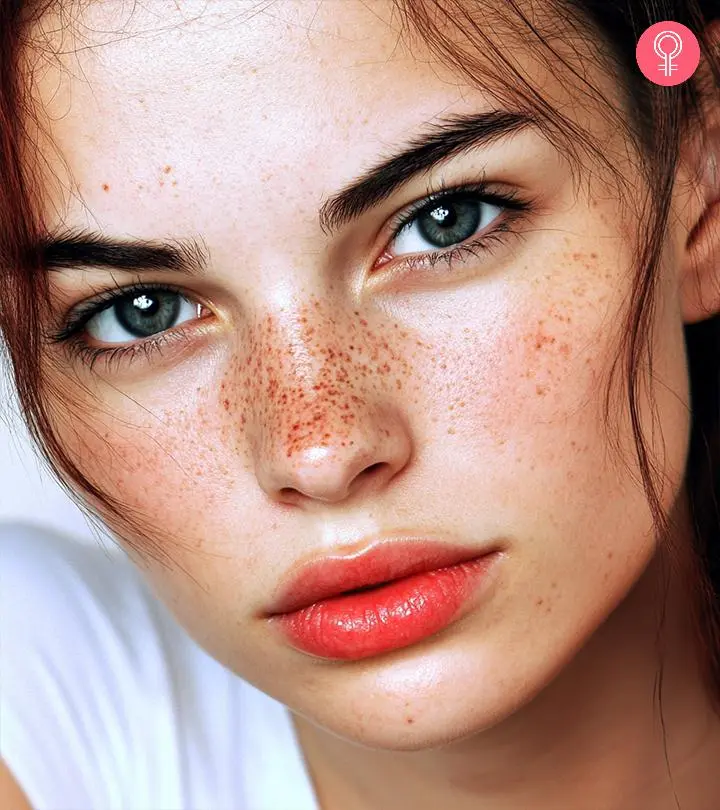
Image: Midjourney/ StyleCraze Design Team
If you are craving smooth skin with an even skin tone, you are probably also wondering how to get rid of dark spots.

Sometimes the pigmentation occurs in dark patches on the face and neck or appears on the body in other instances. There are many causes behind this issue, but if you are always out in the sun for whatever reason, these patches can appear or get flared up quickly.
The following write-up includes the causes, types, and treatments for dark spots, hyperpigmentation, and uneven skin tone. Keep scrolling for more information!
In This Article
What Causes Dark Spots On The Face?
Dark spots or hyperpigmentation occur due to excess melanin production in certain areas of your skin. Melanin is a pigment produced by your body that gives your hair, eyes, and skin color.
Factors that may contribute to dark spots include:
- Exposure to peak sunlight every day can cause the appearance of freckles and dark spots on your skin (1). This is because it increases the production of melanin on the surface of your skin.
- Hormonal imbalances can also cause hyperpigmentation (2). This, in turn, can lead to discoloration and the appearance of dark spots on your skin.
- Certain medications like nonsteroidal anti-inflammatory drugs (NSAIDs), psychotropic drugsi Drugs that produce a change in the psychological states of an individual, including their mood, behavior, thoughts, and perceptions. , or tetracyclines can lead to increased melanin production (3). This can result in dark spots.
Dark spots can be classified into different types, depending on how they are caused.
Key Takeaways
- Dark spots develop due to excessive melanin production on the skin.
- A few causes of dark spots on the face are hormonal imbalances and prolonged sun exposure.
- You can use natural ingredients like lemon juice, aloe vera gel, or orange peel extract to lighten the dark spots on the face.
- Medical treatments like laser therapy and microdermabrasion help reduce dark spots.
- Reapply sunscreen every 4 hours and wear hats to protect your face from the sun.
Types Of Dark Spots
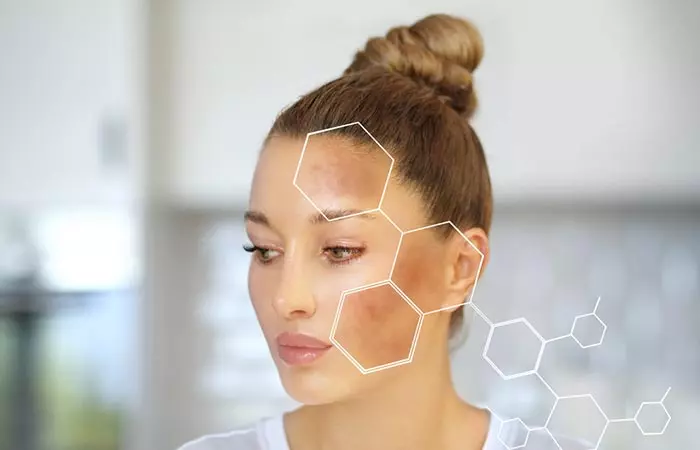
- Melasma – It is caused by hormonal fluctuations and is more prominent during pregnancy or menopausei The natural decline of the reproductive hormones in women that usually happens after their 40s or 50s. (4).
- Lentigines – These are age spots that are caused by excess sun exposure and are more common in old age (over 60 years) (5).
- Post-inflammatory hyperpigmentation – It is caused by skin conditions like acne, burns, etc. (6). Acne scars and scarred tissue can remain as discolored spots on the skin for a long time.
Sometimes, acne can also cause spots on your skin. These spots are usually formed when sebum gets oxidized, and they do not indicate skin damage. Wondering how to get rid of dark spots on face? We have you covered.
Dark spots can take a while to fade or disappear, and, in some cases, you may have to consult your dermatologist. If you want to know more about how to remove dark spots on your face naturally, scroll down to the next section to know more!
How To Get Rid Of Dark Spots On Face: 6 Natural Ways
1. Lemon Juice

Lemon juice for dark spots is a popular remedy because lemons are rich sources of flavonoidsi A large family of polyphenolic compounds that protect against oxidative damage and prevent diseases. and other antioxidants, which may help lighten the dark spots on your face (7).
What To Do: You will need a teaspoon of lemon juice, water, and cotton swabs. Mix the lemon juice and water. Dip a cotton swab in the solution and apply it to the affected areas. Leave it on for 20-30 minutes. Rinse with water. You may do this once daily.
Note: Lemon juice can cause a stinging sensation on some skin types. If you are allergic to lemon juice, you must avoid this remedy. If you use this remedy, ensure you apply sunscreen before heading out.
2. Parsley
Parsley exhibits skin-lightening properties as it is rich in vitamin C. This may help treat dark spots, blemishes, and other similar conditions, including epidermal melasma (8).
What To Do: You will need 1-2 tablespoons of parsley leaves and sterile cotton pads. Blend the parsley leaves in a blender. Apply the mixture to the entire face. Leave it on for 20-30 minutes and rinse with water. Do this once daily or every alternate day.
3. Aloe Vera
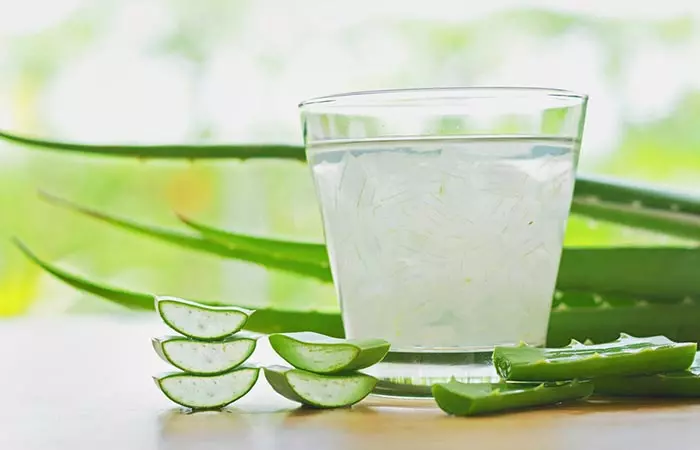
Aloe vera contains aloin, a compound with melanocytic effects that can help depigment dark spots. Researchers studied how tadpole skin cells react to different substances. They found that both Aloe vera extract and aloin made the pigment (melanin) clump together. This process lightens the skin (9). Using Aloe vera for dark spots on your skin can be quite effective.
What To Do: You will need aloe vera gel and cotton pads. Extract the gel from an aloe vera leaf. Whisk the gel using a fork. Dip a cotton swab into the whisked gel and apply it to the affected areas. Leave it on for 20-30 minutes before rinsing. You may do this once daily for best results.
4. Orange Peel
Orange peel contains hesperidin, a potent flavonoid, which has skin-lightening effects. This may help eliminate the dark spots on your skin because hesperidin blocks a protein that helps move melanin; so, less of it reaches the surface, leading to a lighter appearance. While hesperidin doesn’t stop melanin production, tests showed that a cream with hesperidin slightly reduced skin pigmentation (10).
What To Do: You will need half a teaspoon of dried orange peel powder, water, and a cotton pad. Mix a few drops of water with the dried orange peel powder. Apply the mixture to the affected areas using a cotton swab. Leave it on for 20-30 minutes and rinse with water. You may do this once daily.
5. Turmeric
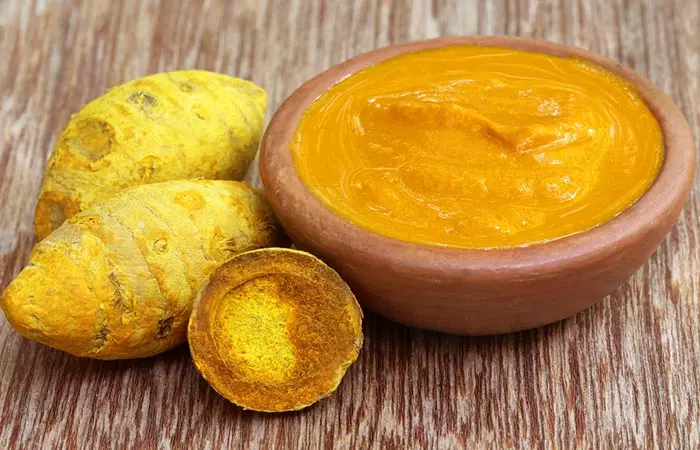
Turmeric contains curcumin, an antioxidant with anti-melanogenici The property of a compound meant to block or prevent the production of melanin, helping in skin-lightening. effects. Researchers studied how curcumin affects skin pigment cells (melanocytes) and found that it reduces melanin by blocking tyrosinase (the main enzyme that helps make pigment) and lowering other pigment-related proteins (11). This may help lighten dark spots. Also, if you are exploring home remedies for skin pigmentation, turmeric can be quite beneficial.
What To Do: You will need a teaspoon of turmeric, some water, and cotton pads. Mix the turmeric powder with a few drops of water to form a thick paste. Apply the mixture to the affected areas. Leave it on for 20-30 minutes. Rinse with water. You may do this once daily.
Note: Some people may develop an allergic reaction to turmeric paste. If you are allergic to turmeric, you must avoid this remedy.
Keishanishta, a Youtuber, suffering from hyperpigmentation and dark spots shares how she got rid of it. She used a turmeric face mask for 1 week and noticed visible results. She says, “I was surprised to see visible results, as it checks out all the boxes that it claims. It’s definitely a brightening mask, it also lifted the summertime tan, and it definitely faded some of the blemishes and dark spots in such a short period of time (i).”
6. Cucumber
Cucumber is a rich source of antioxidants and silica-rich compounds that possess skin-lightening properties (12). A study found that when applied to human skin, the modified cucumber reduced wrinkles and roughness by about 20-25%, lightened dark spots by lowering melanin (5.27%), and improved skin elasticity. It also increased the production of collagen and elastin (which keep skin firm and smooth) while reducing pigmentation-related factors (13). This may help minimize the appearance of dark spots.
What To Do: Take a fresh cucumber and blend it. Apply this paste on the areas with dark spots. Leave it on for 20-30 minutes and rinse with water. You may do this 1-2 times daily.
Use any or a combination of these remedies to lighten stubborn dark spots. The dark spots treatment with home remedies may not always show the desired results. Also, avoid ingredients like toothpaste or baking soda for dark spots. “They can be over-drying and may have adverse effects on your skin, especially for those who have dry and sensitive skin,” says Dr. Anna Chacon, MD, FAAD.
 Quick Tip
Quick TipIn addition to these remedies, you may also try other natural options like green tea and vitamin E oil to fade away dark spots. Green tea is rich in antioxidants, while vitamin E acts as an antioxidant to help fight free radical damage and lighten the spots (14) (15). You may use these ingredients on their own as a toner or massage oil, respectively, or add them to your DIY face packs.
These home remedies for dark spots are considered effective based on the antimelanogenic (inhibiting the production of melanin in the skin) effects discussed in studies and anecdotal evidence. However, results may vary from person to person, and some may not see significant improvements. So, if you are dealing with a severe case of hyperpigmentation (or dark spots) or if the above remedies do not help, you need to consult a dermatologist. Here is how they may help you.
How Does A Dermatologist Treat Dark Spots?
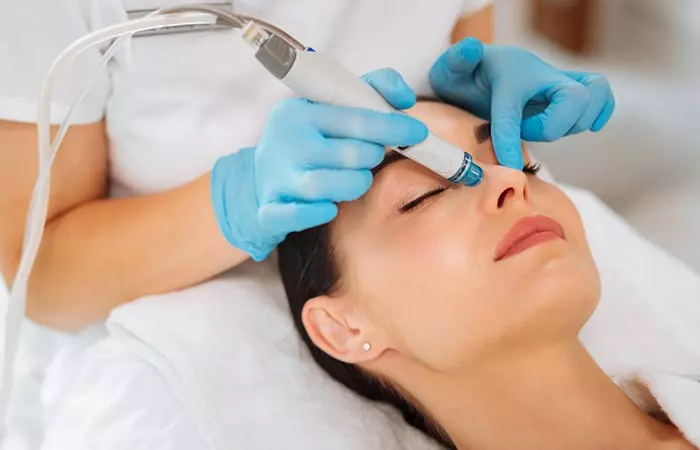
The common dermatologist treatment for dark spots on face include:
- Laser therapy, which uses laser rays to target melanin deposition and fade dark spots (16).
- Chemical peels, which involve the application of a chemical solution to the skin to exfoliate the surface layer, thereby helping lighten the dark spots (17).
- Microdermabrasion, which removes the outermost layer of the skin using a special device to promote collagen growth and reduce dark spots (18).
- Over-the-counter treatments include creams containing active ingredients like hydroquinone, retinoids, or vitamin C. These may help reduce pigmentation by inhibiting melanin synthesis and promoting skin renewal (19) (20) (21).
Now that you know how to get rid of dark spots on skin, it is best to know how to prevent them from appearing again.
Prevention Tips
- Always wear sunscreen with SPF 40 or above before stepping out in the sun to avoid sun spots. Reapply every four hours in case of continued sun exposure.
- Wear sunglasses or a wide-brimmed hat for sun protection when outdoors.
- Treat inflammatory skin conditions like acne, eczema, or psoriasis immediately using topical creams and medications to prevent the development of dark spots on the skin.
- Avoid going out between 10 AM and 4 PM, when the sun rays are the most intense.
- Follow a healthy diet comprising Vitamins A, C, E, omega-3 fatty acids, and low glycemic index foods.
- Drink at least 3-4 litres of water regular to get a full body detox that will result in less flare-ups, therefore less spots.
- Get about 7-8 hours of sleep every day and focus on stress management to ensure good skin health.
- Consider using topical antioxidants like vitamin C serums, which may help inhibit excess melanin synthesis and fight free radical damage to reduce the risk of new dark spots formation (21). Always perform a patch test before using such serums and follow up with sunscreen.
 Quick Tip
Quick TipThese tips can complement the remedies and give you better results.
Infographic: Home Remedies To Get Rid Of Facial Dark Spots
Dark spots on the face can be triggered due to various reasons. If you are looking to know more about how to remove black spots from your face at home, here are a few tips to help you reduce their appearance.
The following infographic provides information about a few effective home remedies that help lighten dark spots. Check them out.
Some thing wrong with infographic shortcode. please verify shortcode syntax
Sun exposure, certain medications, or hormonal imbalances may lead to hyperpigmentation or dark spots on different patches on the face. There are three main types of dark spots, namely, melasma, post-inflammatory hyperpigmentation, and lentigines. So, how to get rid of dark spots? To get rid of dark spots, you can apply home remedies involving the use of lemon juice, parsley, aloe vera, orange peel, turmeric, or cucumber. Other treatment options include laser treatments, microdermabrasion, and chemical peeling. To prevent dark spots, use sunscreen with a minimum SPF value of 40, protect your face by wearing sunglasses or wide-brimmed hats, and treat acne immediately.
Frequently Asked Questions
Which is the best cream to treat facial dark spots?
Most over-the-counter formulations containing retinoids and alpha hydroxy acids work well to treat dark spots. Serums with glycolic acid, kojic acid, and hydroquinone are also known to be effective. But they might also cause adverse effects, including increased sensitivity and skin inflammation. Hence, you need to consult a dermatologist.
How long do the dark spots take to fade?
While dark spots caused by acne or skin injury may fade within a couple of weeks, those caused by an underlying skin condition can take anywhere between six months to over a year to fade completely.
Does honey clear dark spots?
Researchers have not been able to establish that honey can fade dark spots. But they believe that honey may help in exfoliation, thereby reducing their appearance.
Can ice remove dark spots?
Yes. Ice massage can help improve blood circulation, and with prolonged use, it may reduce the look of dark spots.
Can coconut oil remove dark spots?
Anecdotal evidence suggests that coconut oil can help lighten the appearance of dark spots. However, more research is warranted in this regard.
Can salt remove dark spots?
Yes. A salt scrub, in combination with honey and lemon, may help reduce the appearance of dark spots.
Illustration: Home Remedies To Remove Dark Spots On Face | Causes & Types
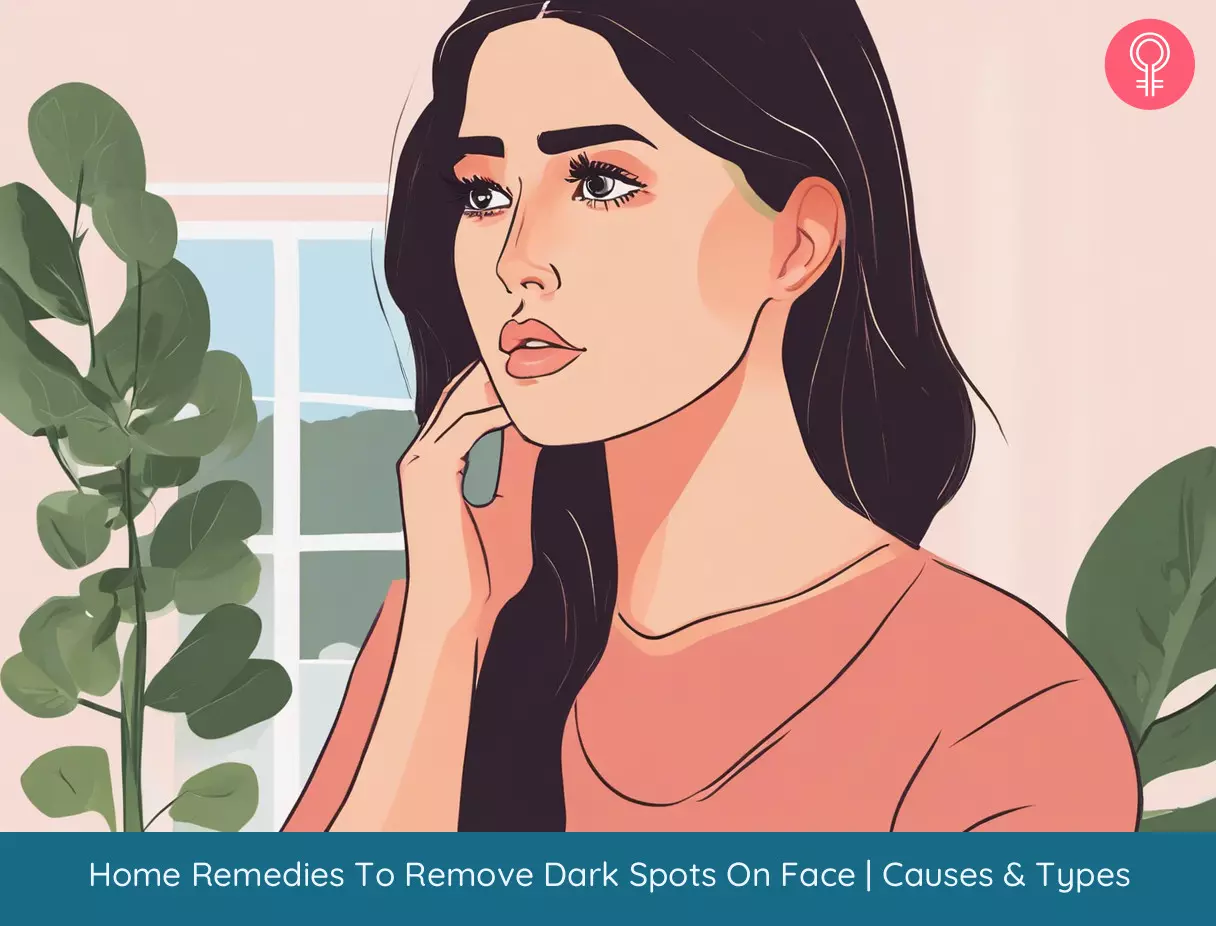
Image: Stable Diffusion/StyleCraze Design Team
Say goodbye to dark spots on your face with these easy tips and tricks! Learn how to get rid of those blemishes and achieve a radiant complexion with this informative video.
Personal Experience: Source
StyleCraze's articles are interwoven with authentic personal narratives that provide depth and resonance to our content. Below are the sources of the personal accounts referenced in this article.
i. I Used a TURMERIC MASK for 1 Week and THIS HAPPENED! | How to Fade Dark Spotshttps://youtu.be/31wN7wl2V8A?feature=shared
References
Articles on StyleCraze are backed by verified information from peer-reviewed and academic research papers, reputed organizations, research institutions, and medical associations to ensure accuracy and relevance. Read our editorial policy to learn more.
- Skin Hyperpigmentation in Indian Population: Insights and Best Practice Indian Journal of Dermatology US National Library Of Medicine National Institutes of Health.
https://www.ncbi.nlm.nih.gov/pmc/articles/PMC5029232/ - Melasma: a clinical and epidemiological review Anais Brasileiros De Dermatologia. US National Library Of Medicine National Institutes of Health.
https://www.ncbi.nlm.nih.gov/pmc/articles/PMC4155956/ - Drug Induced Pigmentation StatPearls US National Library Of Medicine National Institutes of Health.
https://www.ncbi.nlm.nih.gov/pmc/articles/PMC3131604/ - Melasma: an Up-to-Date Comprehensive Review Dermatology and Therapy US National Library Of Medicine National Institutes of Health.
https://www.ncbi.nlm.nih.gov/pmc/articles/PMC5574745/ - Sun-induced freckling: ephelides and solar lentigines. Pigment Cell and Melanoma Research US National Library Of Medicine National Institutes of Health.
https://pubmed.ncbi.nlm.nih.gov/24517859/ - Postinflammatory Hyperpigmentation A Review of the Epidemiology Clinical Features and Treatment Options in Skin of Color The Journal of Clinical and Aesthetic Dermatology US National Library Of Medicine National Institutes of Health.
https://www.ncbi.nlm.nih.gov/pmc/articles/PMC2921758/ - Citrus Flavonoids with Skin Lightening Effects – Safety and Efficacy Studies SOFW Journal ResearchGate.
https://www.researchgate.net/publication/281436622_Citrus_Flavonoids_with_Skin_Lightening_Effects_-_Safety_and_Efficacy_Studies - The Effect of Topical Use of Petroselinum Crispum (Parsley) Versus That of Hydroquinone Cream on Reduction of Epidermal Melasma: A Randomized Clinical Trial. Holistic Nursing Practice Semantic Scholar.
https://www.semanticscholar.org/paper/The-Effect-of-Topical-Use-of-Petroselinum-Crispum-A-Khosravan-Alami/b5686d623cb1ecfbcef91f7afadc74b9e9f4d9f0 - On the novel action of melanolysis by a leaf extract of Aloe vera and its active ingredient aloin potent skin depigmenting agents. Planta Medica US National Library Of Medicine National Institutes of Health.
https://pubmed.ncbi.nlm.nih.gov/22495441/ - Hesperidin Suppresses Melanosome Transport by Blocking the Interaction of Rab27A-Melanophilin Biomolecules And Therapeutics US National Library Of Medicine National Institutes of Health.
https://www.ncbi.nlm.nih.gov/pmc/articles/PMC3825197/ - Curcumin inhibits melanogenesis in human melanocytes. Phytotherapy Research US National Library Of Medicine National Institutes of Health.
https://pubmed.ncbi.nlm.nih.gov/21584871/ - Invigorating Efficacy of Cucumis Sativas for Healthcare & Radiance International Journal of Chemistry and Pharmaceutical Sciences Pharma Research Library.
http://www.pharmaresearchlibrary.com/wp-content/uploads/2014/04/IJCPS2001.pdf - Cucumber (Cucumis sativus L.) with heterologous poly-γ-glutamic acid has skin moisturizing whitening and anti-wrinkle effects
https://pubmed.ncbi.nlm.nih.gov/38336313/ - A Review of the role of green tea (Camellia sinensis) in antiphotoaging stress resistance neuroprotection and autophagy MDPI US National Library Of Medicine National Institutes of Health.
https://www.ncbi.nlm.nih.gov/pmc/articles/PMC6412948/ - Vitamin E in dermatology Indian Dermatology Online Journal US National Library Of Medicine National Institutes of Health.
https://www.ncbi.nlm.nih.gov/pmc/articles/PMC4976416/ - A review of laser and light therapy in melasma International Journal of Women’s Dermatology US National Library Of Medicine National Institutes of Health.
https://www.ncbi.nlm.nih.gov/pmc/articles/PMC5418955/ - Chemical Peels for Melasma in Dark-Skinned Patients Journal of Cutaneous and Aesthetic Surgery US National Library Of Medicine National Institutes of Health.
https://www.ncbi.nlm.nih.gov/pmc/articles/PMC3560164/ - Microdermabrasion: a clinical histometric and histopathologic study. Journal of Cosmetic Dermatology US National Library Of Medicine National Institutes of Health.
https://pubmed.ncbi.nlm.nih.gov/27357600/ - Hydroquinone US National Library Of Medicine National Institutes of Health.
https://www.ncbi.nlm.nih.gov/books/NBK539693/ - Effects of topical retinoids on acne and post-inflammatory hyperpigmentation in patients with skin of color: a clinical review and implications for practice Springer US National Library Of Medicine National Institutes of Health.
https://www.ncbi.nlm.nih.gov/pmc/articles/PMC8776661/ - The effect of Vitamin C on melanin pigmentation – A systematic review Journal of Oral and Maxillofacial Pathology US National Library Of Medicine National Institutes of Health.
https://www.ncbi.nlm.nih.gov/pmc/articles/PMC7802860/
Read full bio of Dr. Hari Hara Sudhan
- Dr. Anna Chacon, MD, FAAD, is a double board-certified dermatologist with over 7 years of experience. She has authored many peer-reviewed articles and managed clinical research studies during her fellowship. She completed her medical school in the PLME (Program of Liberal Medical Education) at Brown University.
 Dr. Anna Chacon, MD, FAAD, is a double board-certified dermatologist with over 7 years of experience. She has authored many peer-reviewed articles and managed clinical research studies during her fellowship. She completed her medical school in the PLME (Program of Liberal Medical Education) at Brown University.
Dr. Anna Chacon, MD, FAAD, is a double board-certified dermatologist with over 7 years of experience. She has authored many peer-reviewed articles and managed clinical research studies during her fellowship. She completed her medical school in the PLME (Program of Liberal Medical Education) at Brown University.
Read full bio of Shaheen Naser
Read full bio of Anjali Sayee
Read full bio of Monomita Chakraborty







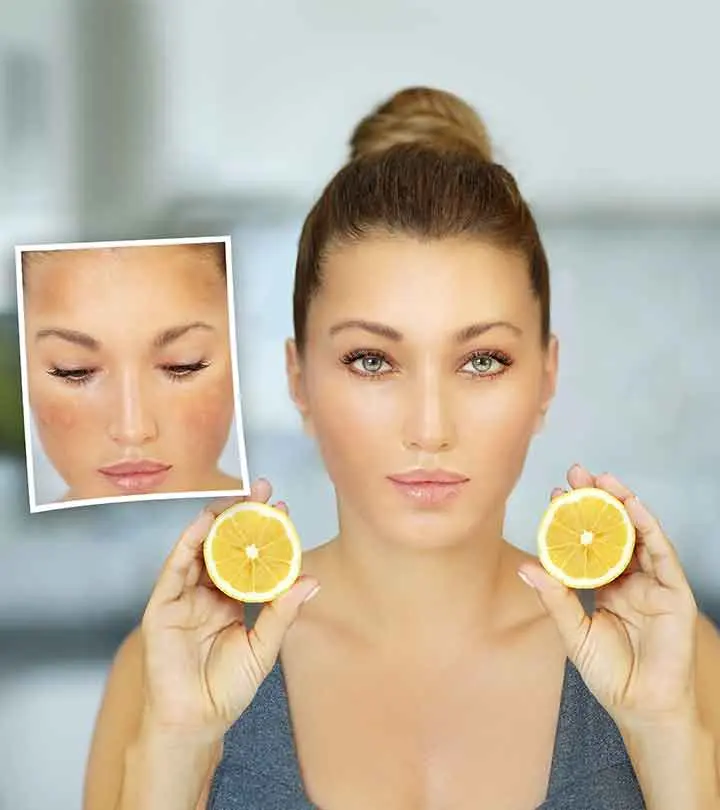

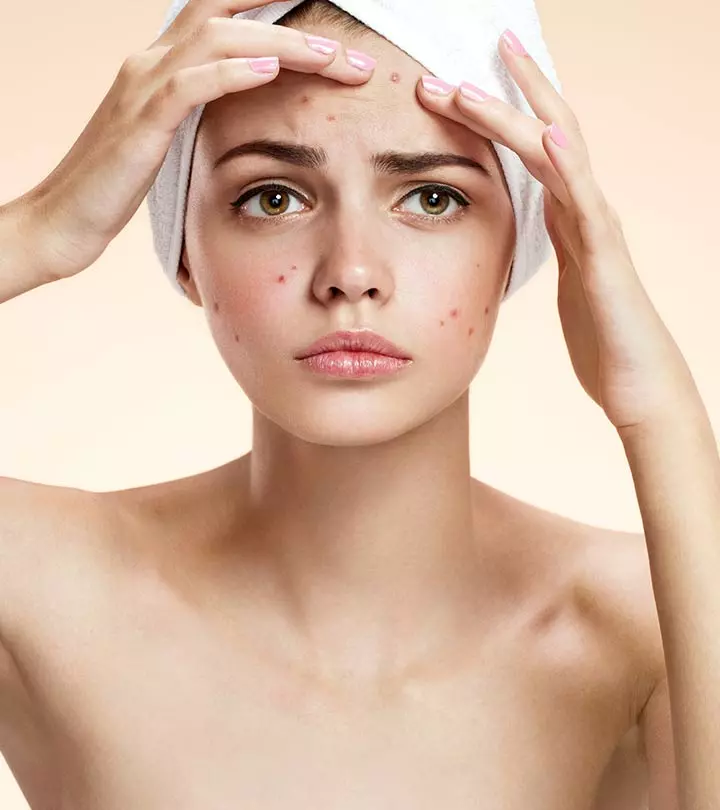
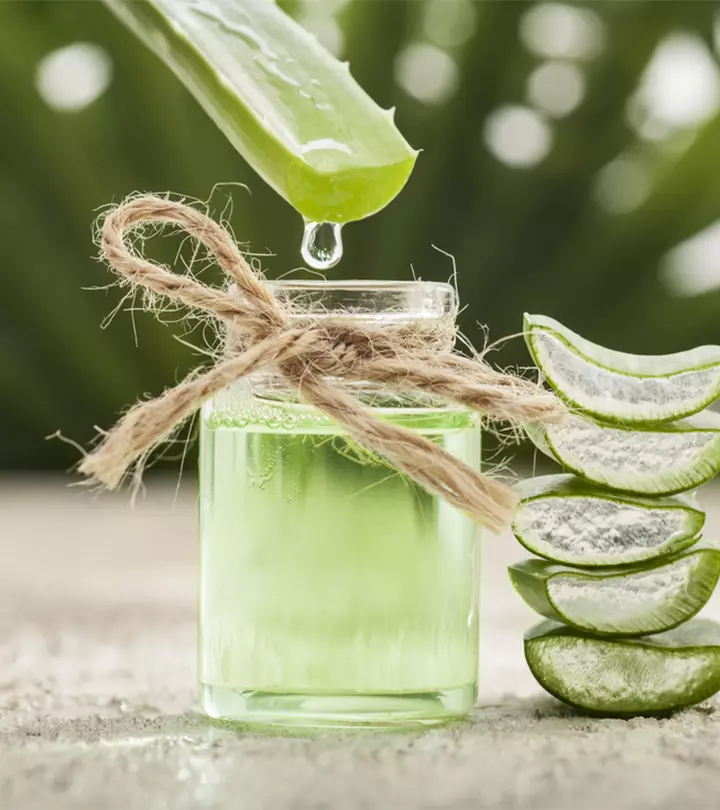
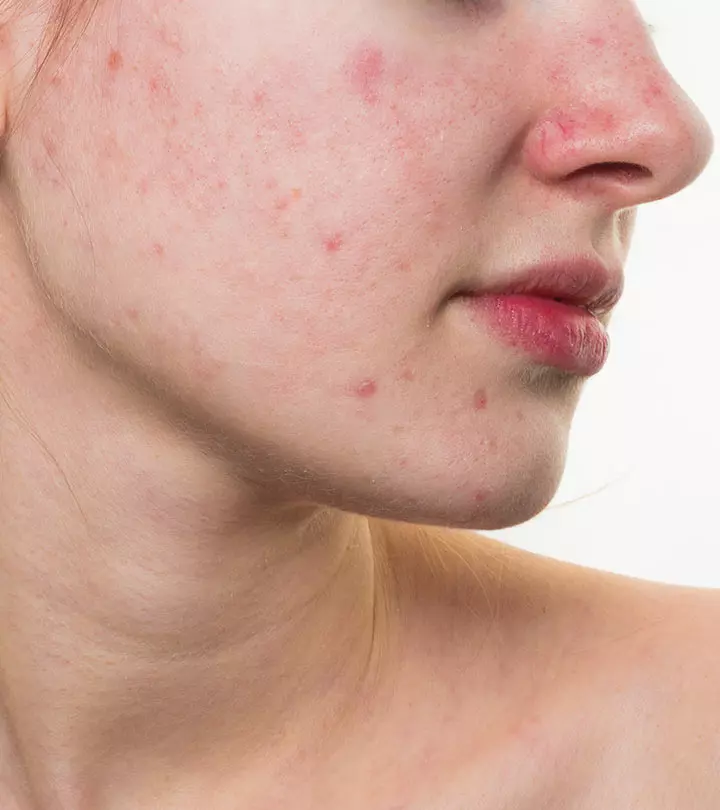
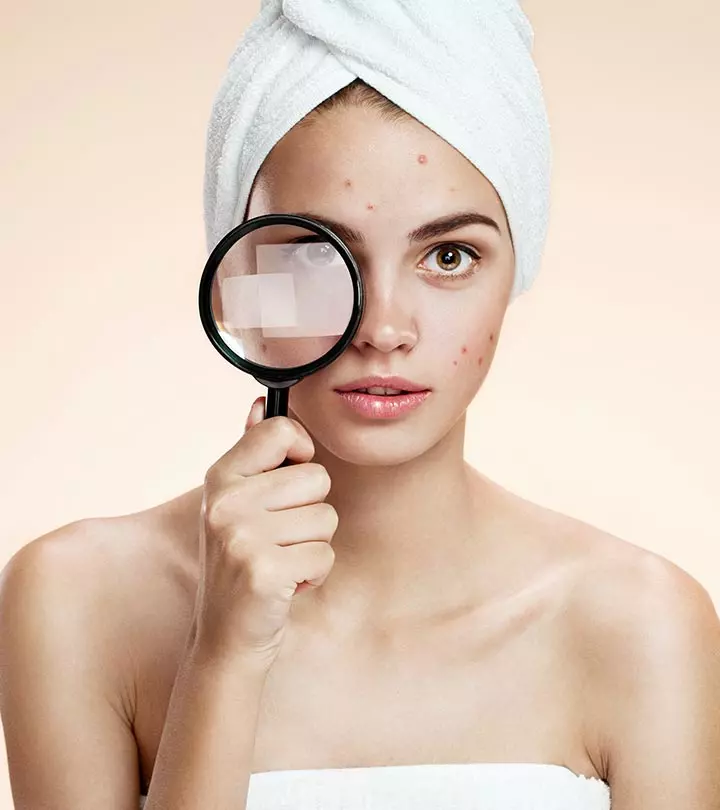
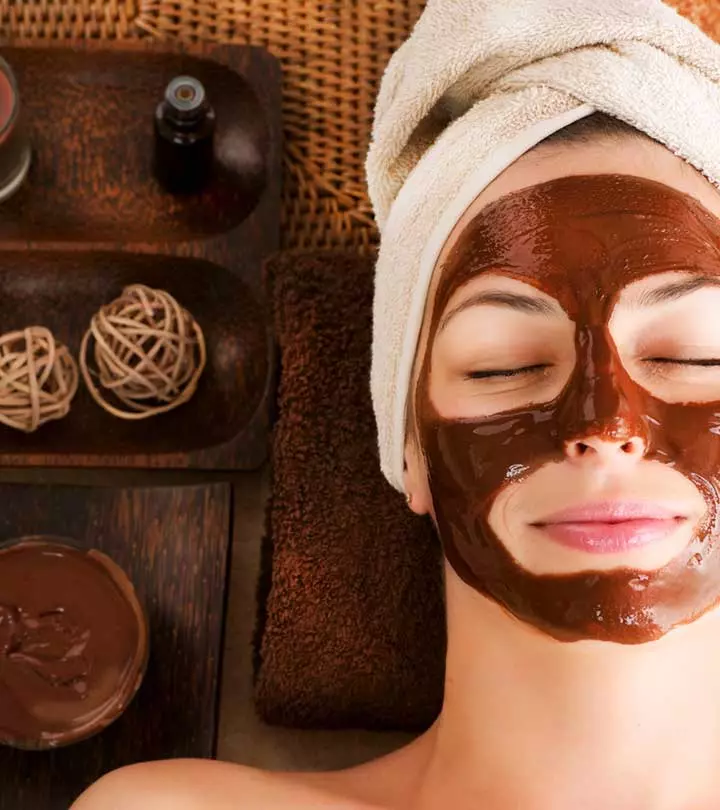
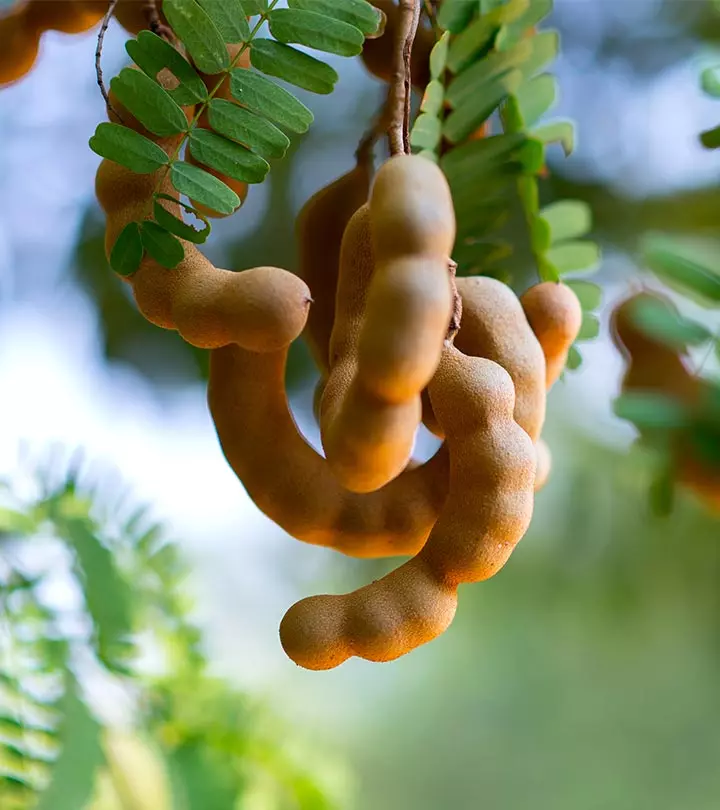
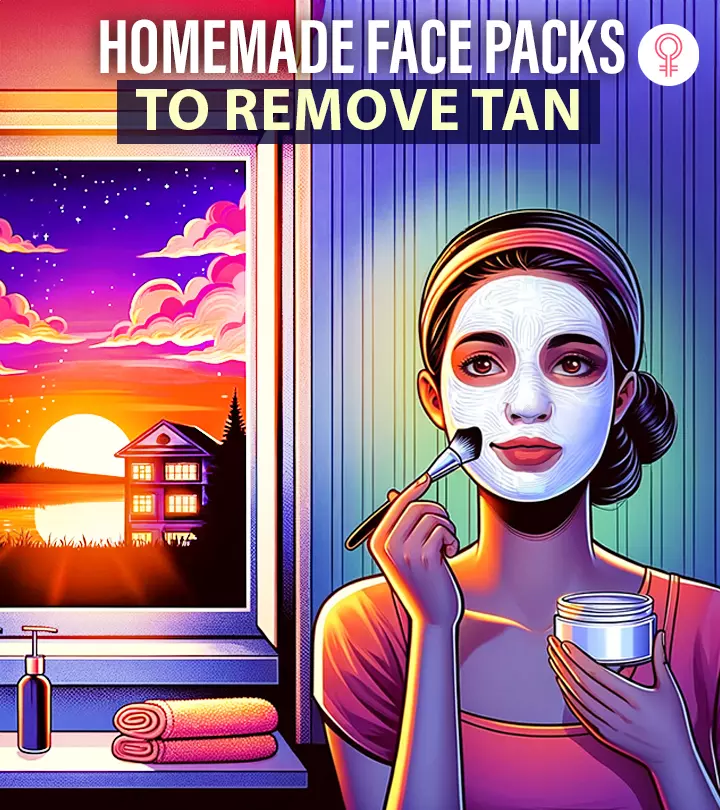
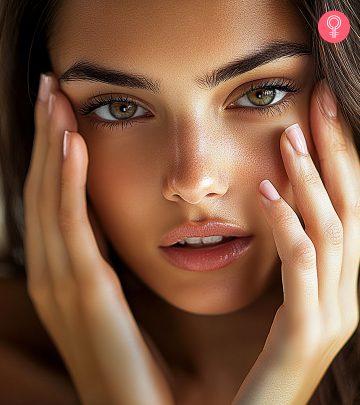
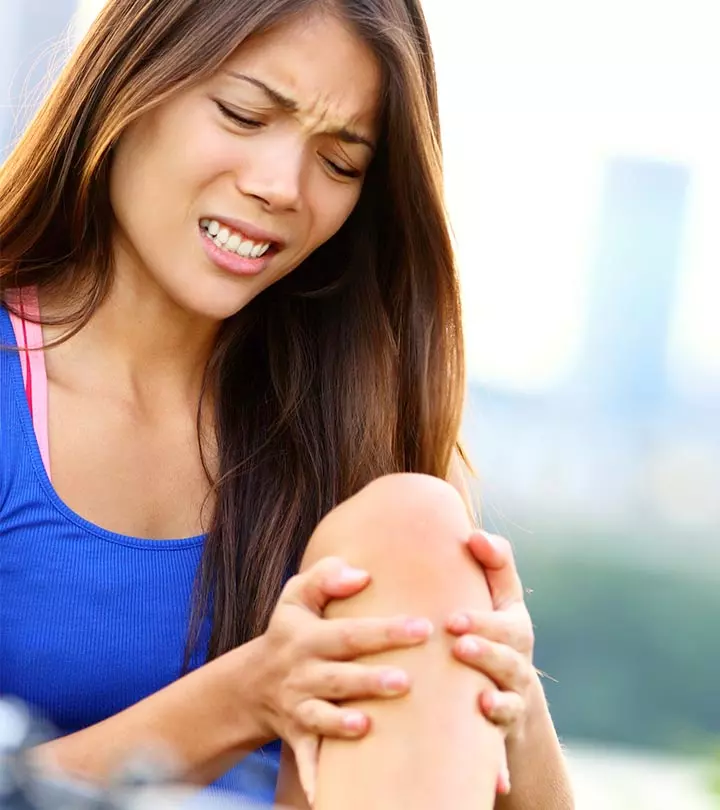
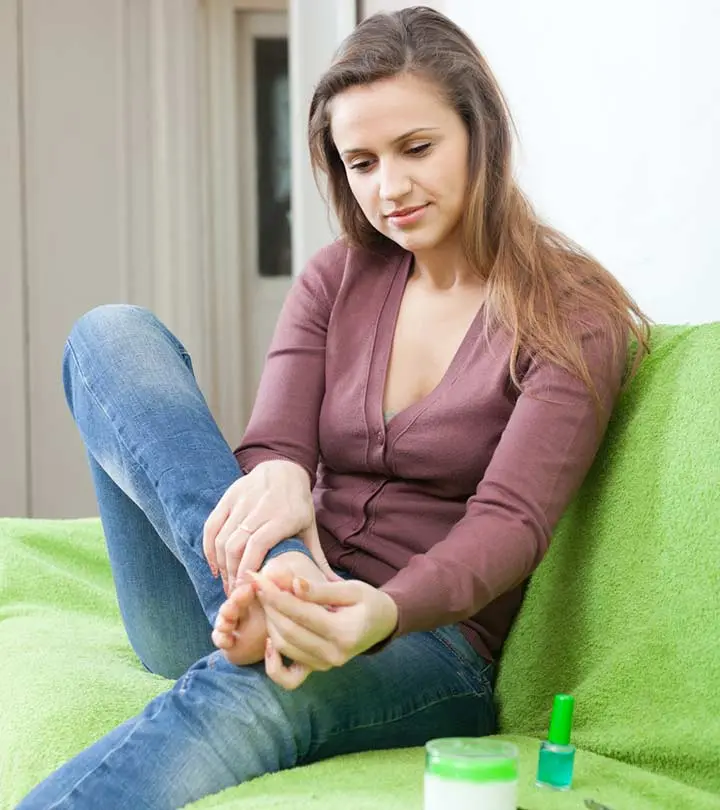

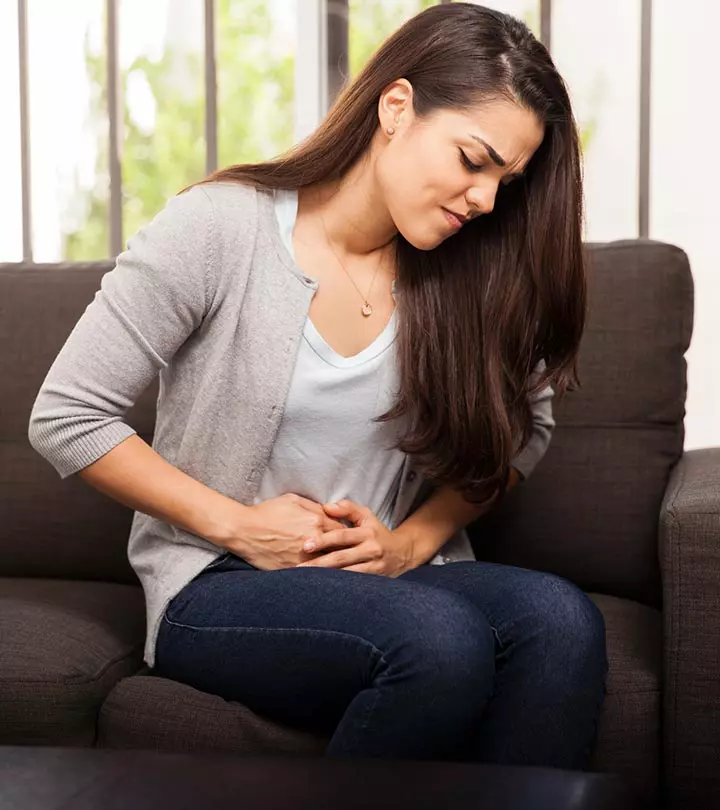
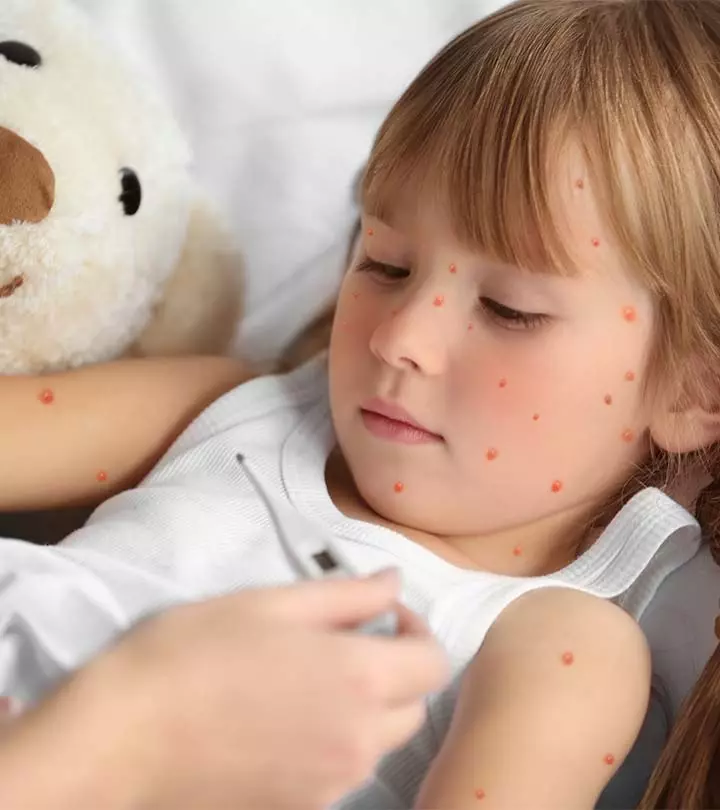
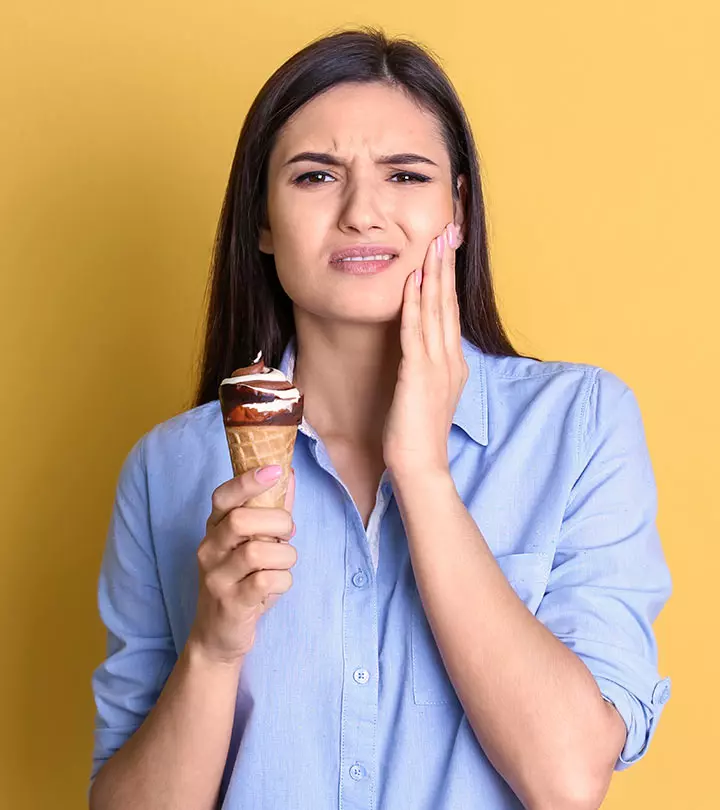
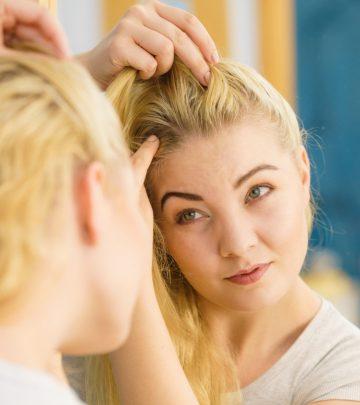
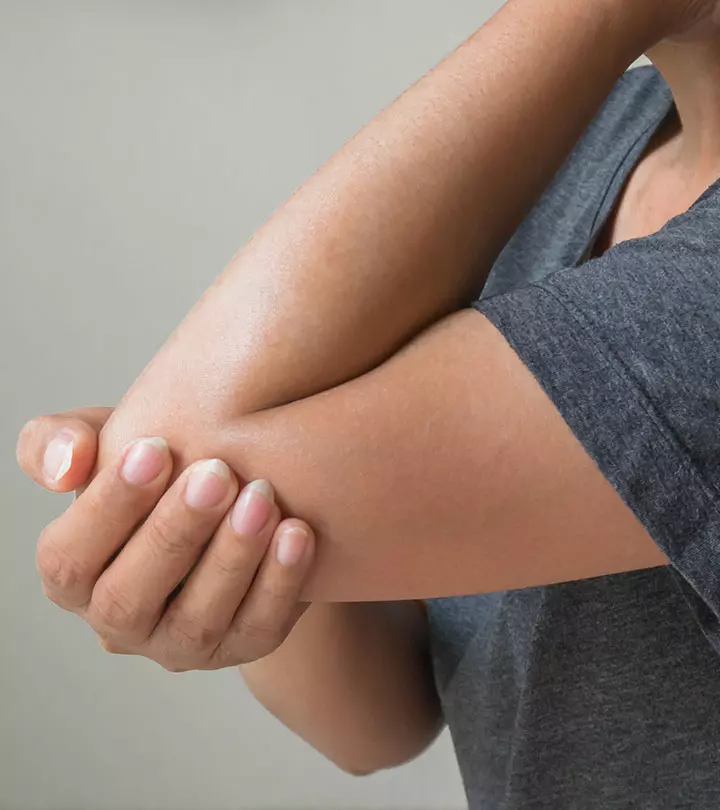
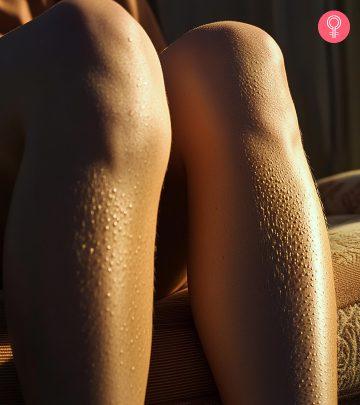
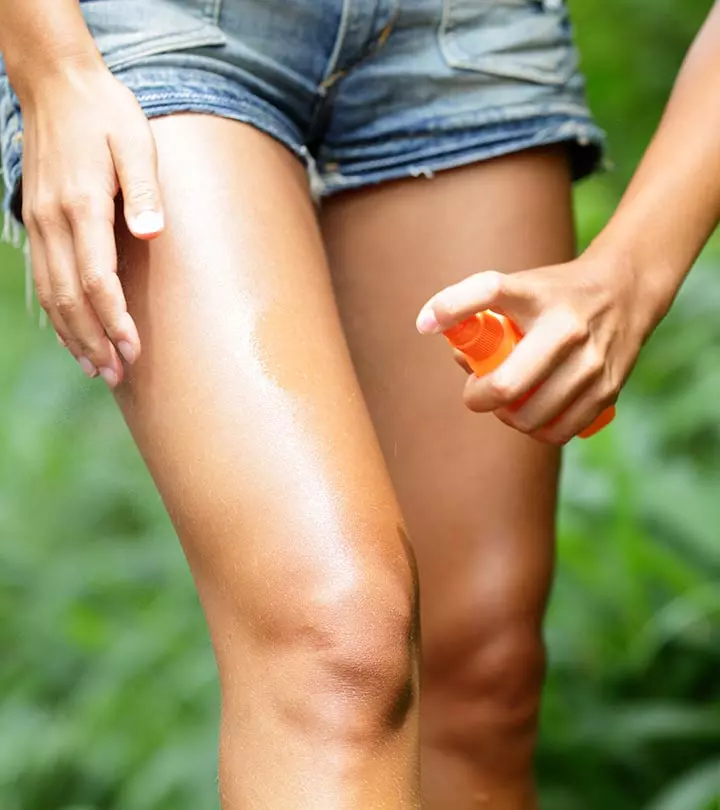
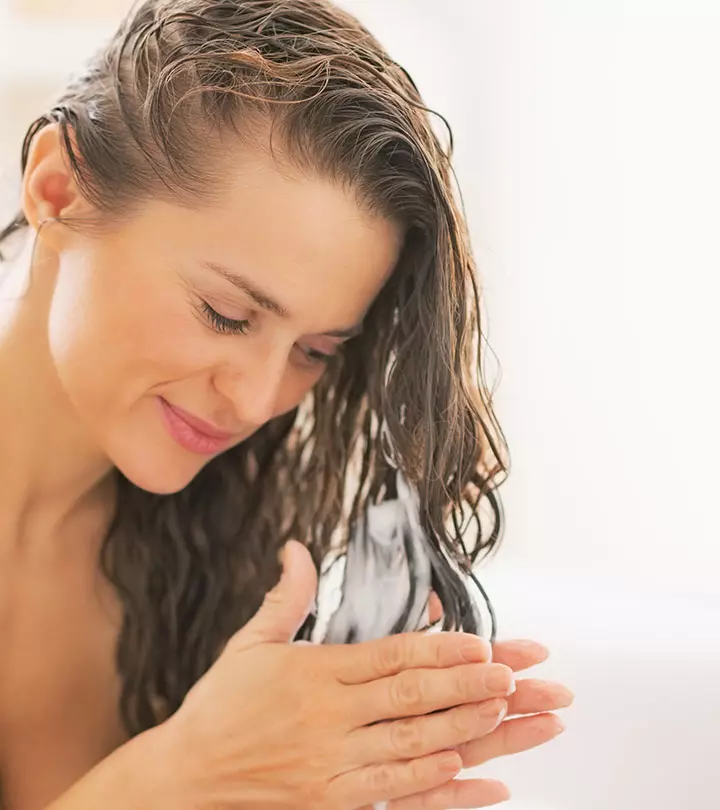
Community Experiences
Join the conversation and become a part of our empowering community! Share your stories, experiences, and insights to connect with other beauty, lifestyle, and health enthusiasts.